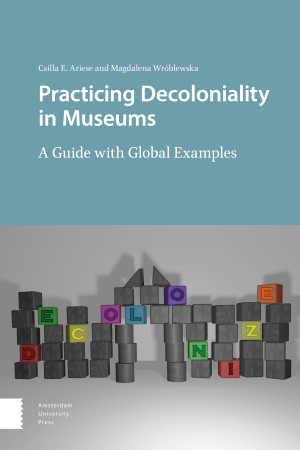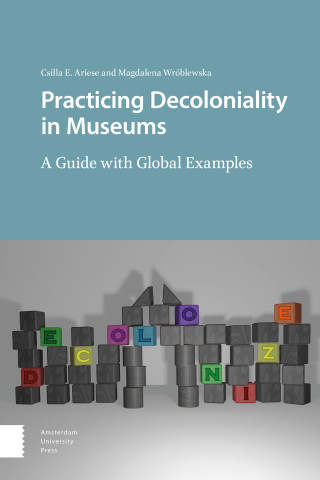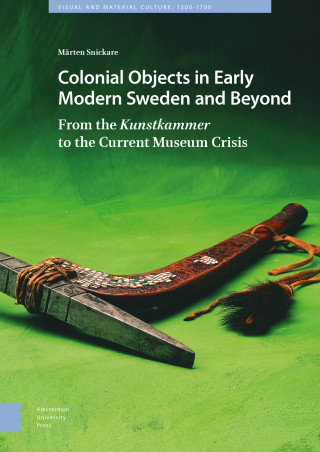The cry for decolonization has echoed throughout the museum world. Although perhaps most audibly heard in the case of ethnographic museums, many different types of museums have felt the need to engage in decolonial practices. Amidst those who have argued that an institution as deeply colonial as the museum cannot truly be decolonized, museum staff and museologists have been approaching the issue from different angles to practice decoloniality in any way they can. Practicing Decoloniality in Museums: A Guide with Global Examples collects a wide range of practices from museums whose audiences, often highly diverse, come together in sometimes contentious conversations about pasts and futures. Although there are no easy or uniform answers as to how best to deal with colonial pasts, this collection of practices functions as an accessible toolkit from which museum staff can choose in order to experiment with and implement methods according to their own needs and situations. The practices are divided thematically and include, among others, methods for decentering, improving transparency, and increasing inclusivity.





